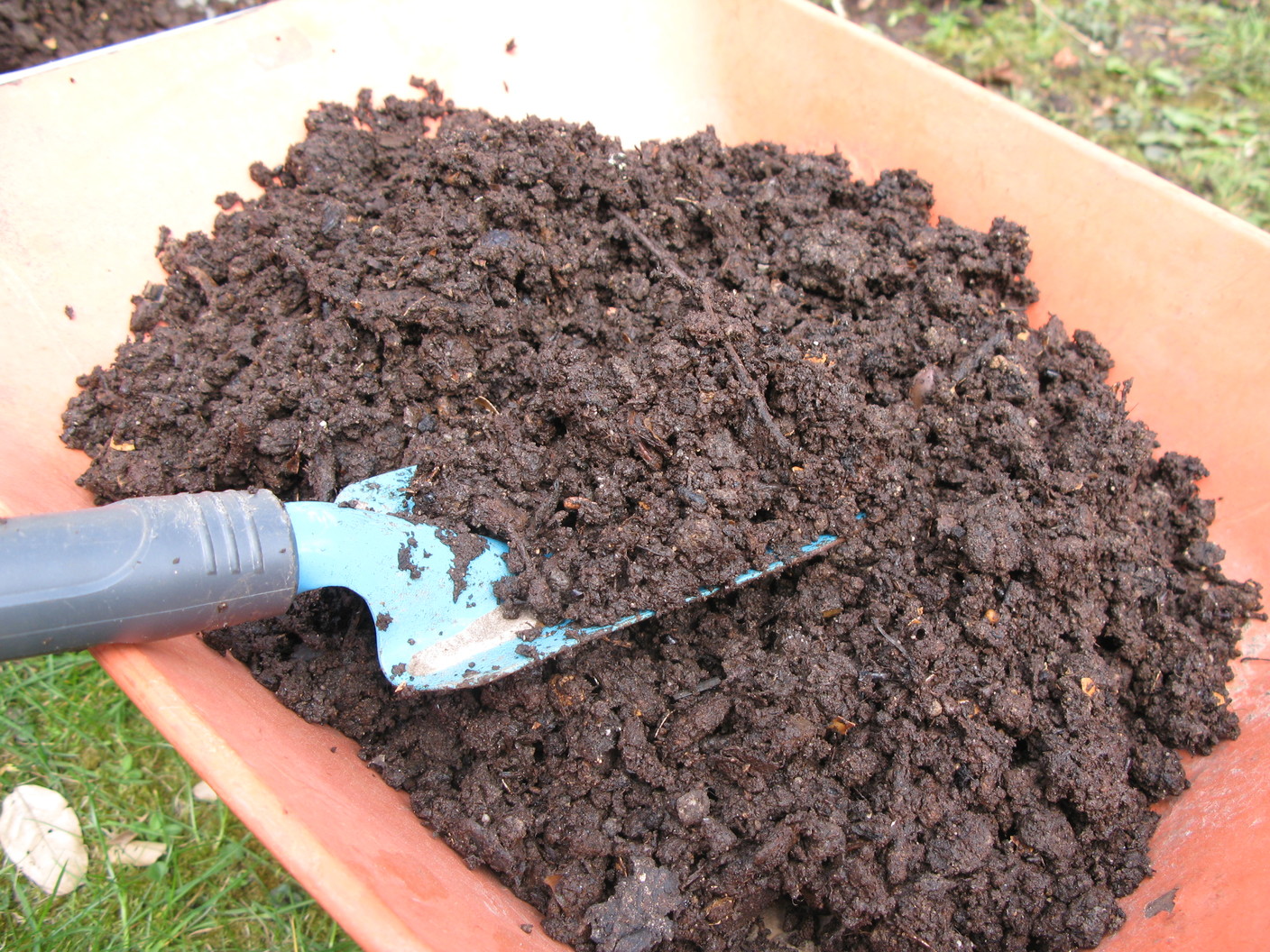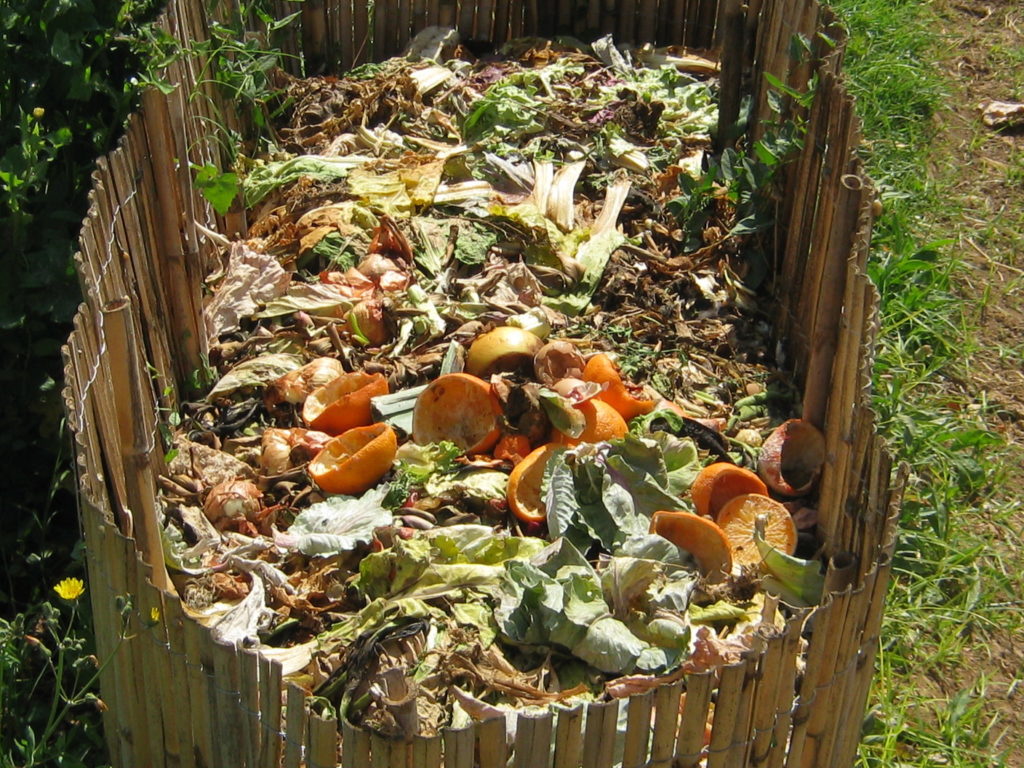Making compost is ecological and very good for the garden. It means recovering rainwater for watering, combining crops, adopting natural fertilizers, etc. In this post, you will learn how composting is one of the most immediate actions on your waste because of its ‘recycling’ virtues.
Made from garden and kitchen waste, a natural fertilizer rich in organic matter, nitrogen, phosphorus, etc., is obtained from compost. Individual composting is also a simple activity, full of advantages, since it reduces the production of household waste treated by the community and contributes to preserving the environment. Explanations to get started.
What is compost?
Whether you use a balcony composter, an indoor vermicomposter, or a garden composter, the principle remains the same. Composting is an operation that consists of degrading organic waste in the presence of oxygen from the air under controlled conditions. Two phenomena follow one another in a composting process. The first, bringing the residues to the state of fresh compost, is an intense aerobic degradation (capacity or need of an organism or a microorganism to develop in the ambient air):
- Essentially the decomposition of fresh organic matter at high temperature (50 to 70°C) under bacterial action;
- A less sustained degradation will transform the fresh compost into a mature compost rich in humus.
This maturation phenomenon, which occurs at lower temperatures (35 to 45°C), leads to fungi’ biosynthesis of humic compounds.
Compost or the art of composting
Compost is a rich material made by billions of microorganisms. It is the result of composting, a natural process that transforms organic matter into an earth-like product.
The organic matter is broken down by microorganisms such as bacteria and fungi that transform it into the simple elements that plants feed on.
How does composting work?

Composting is an easy recycling method that can be done at home. It is an easy way to reduce the amount of waste produced by households by a third. Also, composting has an excellent soil amendment used for gardening and landscaping.
What is the benefit of composting?
Compost improves soil quality and strengthens the stock of humus in the soil, improving soil fertility and promoting soil life. Gardeners will use it for all their plantings (vegetable gardens, flower beds, trees, etc.).
Organisms living in the soil
Healthy soil is active and is home to microorganisms such as bacteria, fungi, and yeasts and larger creatures such as earthworms. The survival of these organisms depends on the availability of air, water, and nutrients in the soil.
In return, these organisms provide unparalleled recycling. They break down organic matter to release nutrients for root development and plant growth. Also, they mix the soil to improve its aeration, texture, and structure.
Feeding the soil (and plants)
Fertile soil contains macro and microelements. Plants need both elements to grow.
Macroelements include nitrogen (N), phosphorus (P), potassium (K), calcium (Ca), magnesium (Mg), and sulfur (S). These elements provide primary nutrients to plants. The first three, nitrogen, phosphorus, and potassium, are consumed in large quantities by plants. They all contribute to specific functions such as leaf and stem growth (N), root growth (P and K), flower and fruit development (P), and general vitality (K).
Plants also need microelements called trace elements. These include iron (Fe), manganese (Mn), copper (Cu), and zinc (Zn). Their presence in tiny quantities is essential to plant life. A balanced and optimal supply of these microelements has a critical impact, as excesses can be harmful to plants. Compost provides a balanced and reasonable supply of these microelements(1).
Moreover, this approach has a lot of interest in sustainable development since it promotes recycling organic matter in short circuits on its territory. This method reduces greenhouse gas emissions and fights against runoff phenomena (organic matter helps retain water in the soil).
Two good reasons to start composting
Therefore, compost reduces waste and the number of road garbage trucks. It also allows a reduction in the number of incinerators and, therefore, landfills.
For the garden, making household compost allows the production of natural and non-polluting fertilizers. Besides, it improves the soil’s quality, contributes to the growth of plants and flowers, and helps plants develop a sound root system.
Hope you like this post. Remember to leave your comment below.
